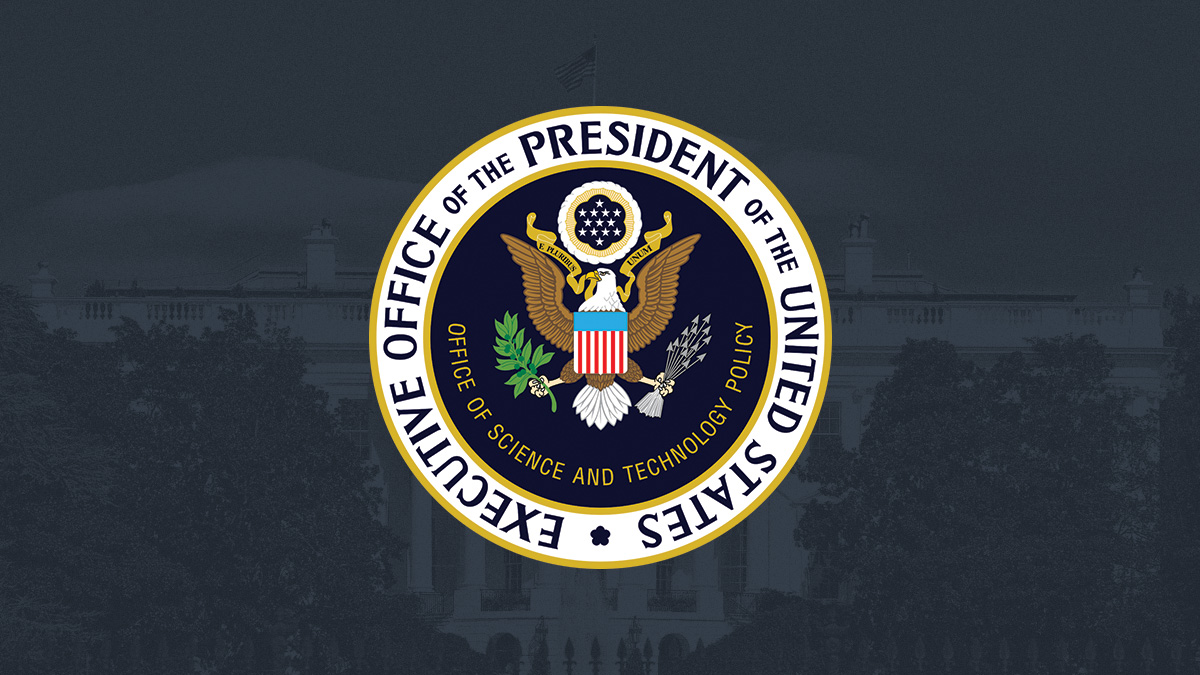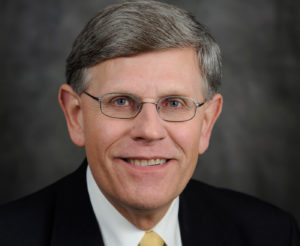
In a regional webinar today, Kelvin Droegemeier, director of the White House Office of Science and Technology Policy, urged researchers to be aware of the pervasive threat by some foreign governments to the United States.
The talk, “Enhancing the Security and Integrity of America’s Research Enterprise,” hosted by the University of Tennessee System and Vanderbilt University, was supported by the National Science Foundation. Researchers from institutions in Tennessee, Louisiana, Kentucky and Arkansas participated in the 75-minute event.

Image Credit: National Science Board
“This is an amazing time in American science and technology,” Droegemeier said to the hundreds of researchers attending virtually. “We must protect our values and mitigate the risks.”
With United States research values ranging from openness and transparency to freedom of inquiry and merit-based competition, Droegemeier said inappropriate behaviors either by some researchers or foreign governments jeopardize the integrity of such values. Yet, international collaboration is fundamental to advancing science, he said, mentioning the first image of a black hole, which took 60 institutions in 20 countries to capture.
“Principled international collaboration is very, very critical to success,” he said.
Droegemeier also highlighted that the Office of Science and Technology Policy established the Joint Committee on the Research Environment and a subcommittee to address research security among other research issues. Subcommittee members are developing best practices for universities and other research institutions as well as developing education and outreach materials that highlight examples of risks to research. In addition, they are working on coordinated guidance for agencies and clear recommendations for universities.
“It was our privilege to co-host Kelvin for this conversation with our regional research community,” said Padma Raghavan, vice provost for research and professor of computer science and computer engineering at Vanderbilt University. “We agree that the future of U.S. leadership in basic research depends on fostering international collaboration and attracting the best talent from around the world while simultaneously protecting our research community from the threats of undue foreign government influence.”
Stacey Patterson, UT vice president of research, agreed.
“We appreciate the opportunity to hear directly from our federal government partners regarding important and timely topics,” she said. “Dr. Droegemeier from OSTP and Dr. Keiser from NSF provided useful information to universities throughout our region that will help us address risks to security and integrity while maintaining open and collaborative research enterprises.”
About the University of Tennessee System
The University of Tennessee System is a statewide system of higher education with campuses in Knoxville, Chattanooga, Martin and Memphis; the UT Space Institute in Tullahoma; the UT Institute of Agriculture with a presence in every Tennessee county; and the statewide Institute for Public Service. The UT system manages Oak Ridge National Laboratory through its UT-Battelle partnership; enrolls about 50,000 students statewide; produces about 10,000 new graduates every year; and represents more than 400,000 alumni around the world.
About Vanderbilt University
Vanderbilt University is a globally renowned research university located in Nashville, Tennessee. Ranked No. 14 among national universities, Vanderbilt offers an immersive living-learning undergraduate experience, with programs in the liberal arts and sciences, engineering, music, education and human development. The university also is home to nationally and internationally recognized graduate schools of law, education, business, medicine, nursing and divinity, and offers robust graduate-degree programs across a range of academic disciplines. Vanderbilt is committed to inclusive excellence, drawing the world’s brightest students, faculty and distinguished visitors from across all cultural and socioeconomic backgrounds and provides a collaborate atmosphere of discovery that drives positive change in the world. Learn more at www.vanderbilt.edu.
Tags: Featured, Kelvin Droegemeier, UT Research Foundation, White House Office of Science and Technology Policy